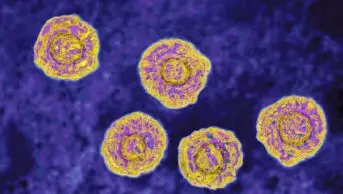
Shutterstock.com
Needle and syringe programmes (NSPs) are a highly cost-effective means of reducing hepatitis C virus (HCV) transmission, research published in Addiction (23 January 2019) has shown[1]
.
Researchers used NHS data from three regions with different levels of HCV infection among people who inject drugs: Dundee, Scotland (26%); Walsall, Staffordshire (18%); and Bristol (45%). They modelled the effects of current NSP provision over 50 years, compared with a “counterfactual scenario” where NSPs are removed for 10 years and then returned to existing levels for 40 years.
The researchers found that NSPs were associated with a cost saving of £159,712 in Bristol and £2.5m in Dundee. In Walsall, NSPs were associated with an increased cost of £114,442. However, this gained 192 quality-adjusted life years (QALYs), leading to a cost per QALY gained of only £596.
The researchers said that the findings supported the continued funding of NSP services in the UK and elsewhere, noting that they are probably generalisable to other high-income countries with comparable HCV prevalence.
“We hope that Public Health England, and local government commissioners and policymakers, will take note and continue to commission NSPs, which are currently under threat of funding cuts,” said lead author Zoe Ward from the University of Bristol.
References
[1] Sweeney S, Ward Z, Platt L et al. Evaluating the cost-effectiveness of existing needle and syringe programmes in preventing hepatitis C transmission in people who inject drugs. Addiction 2019;114(3):560–570. doi: 10.1111/add.14519
You may also be interested in

How we treated more than 100 hepatitis C patients at pharmacist-led clinics in North Wales

Community pharmacies have an essential role in sustaining the elimination of hepatitis C in England
